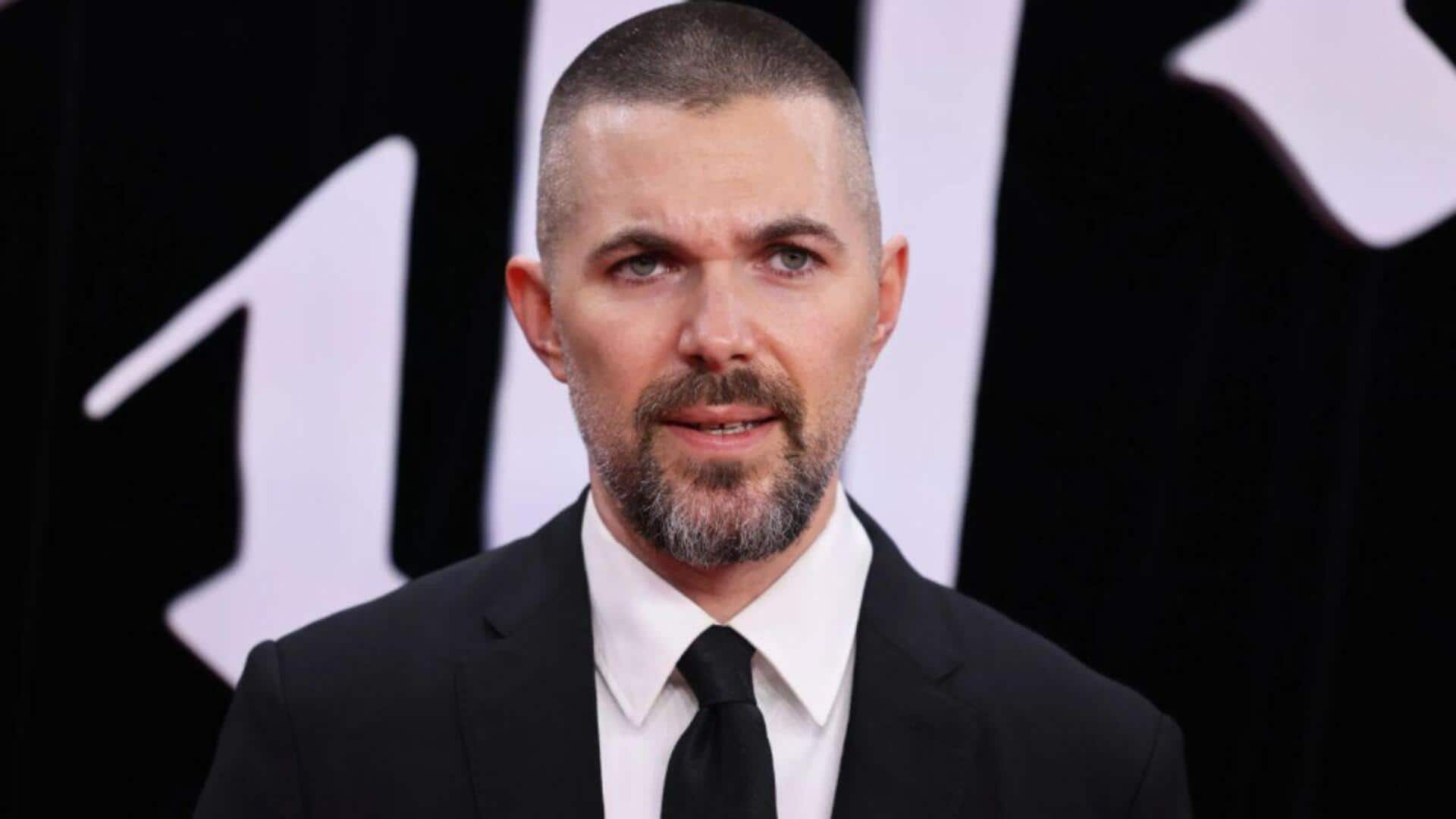
How Robert Eggers is redefining historical accuracy in Hollywood
What's the story
Robert Eggers has emerged as a significant voice in Hollywood for his dedication to historical accuracy in films. With his painstaking attention to detail, Eggers has raised a bar for the way history is depicted on screen. His movies are not just story-driven but also authentic representations of the past. This focus has led to debates on the need for accuracy in historical tales and its effect on viewers.
#1
'The Witch' and authenticity
In The Witch, Eggers demonstrated his commitment to authenticity by employing period-appropriate language and settings. The film's dialogues were written from journals/documents from the 17th century, giving the audience an immersive experience. This attention to detail went into costumes and props, which were extensively researched to accurately depict the era. Such efforts prove how historical accuracy can elevate storytelling by rendering a believable world.
#2
'The Lighthouse' is a period piece
The Lighthouse further exemplifies Eggers's commitment to historical precision. Set in the late nineteenth century, the film accurately depicts the life of a lighthouse keeper back in the day. From constructing sets with period-appropriate materials to capturing dialects of New England, every aspect was meticulously crafted. This attention not only adds dimension but also teaches audiences about lesser-known aspects of history through cinema.
#3
Collaboration with historians
Eggers frequently works with historians and experts, so his films are as accurate as possible. By working with specialists, he gains insight into cultural practices, language nuances, and daily life details that might otherwise be overlooked. This way, even minor elements contribute authentically to the narrative, offering viewers an enriched understanding of historical contexts without compromising entertainment value.
Tip 1
Impact on audience perception
Eggers's dedication to historical accuracy sways audience perception by offering a more authentic depiction of what happened or how things were. When audiences witness accurate representations on-screen, it dispels preconceived notions clouded by inaccurate portrayals in other media forms. This can result in an enhanced interest in wanting to know more about history beyond what is depicted on film, promoting curiosity and education among audiences globally.